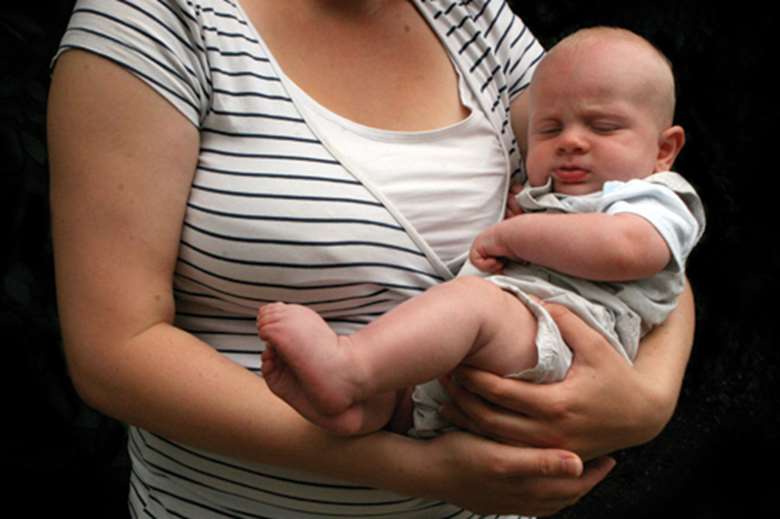Infant mental health: 'the next frontier for early intervention'
Lauren Higgs
Monday, December 12, 2011
Early intervention doesn't get much earlier than infanthood. But services that promote the mental health of babies are only starting to be recognised for the role they play in preventing problems in later life and the associated cost to society.

The latest report by the Centre for Social Justice (CSJ) recommends that provision of infant mental health services should be "the next frontier for early intervention". It says such services ought to be provided in every locality – arguing that giving babies a good start in life is a public health issue of equal importance to tackling obesity or preventing infectious diseases.
Robin Balbernie, a child psychotherapist in charge of Secure Start, an infant mental health service in Gloucestershire, says infant mental health services should be given the same weight as adult and child and adolescent mental health services (CAMHS).
"Those early relationships set the unconscious background for the rest of your life," he explains. "There is a lot of research that links future involvement in crime with over-stressed parenting in the first three years of life. We’re trying to take the high-risk families and work with them before something goes wrong."
Infant mental health services are targeted at parents at risk of struggling to bond with their babies. A wealth of evidence exists to suggest that secure "attachments" equip children with resilience, confidence and adaptability in later life – while insecure attachments can make a child more vulnerable and less able to deal with adversity.
Parents who have mental health problems, or have experienced a premature or traumatic birth, can struggle to cement strong attachments with their children.
Clinical psychologist Dr Helen Dorey runs Bumpstart, an infant mental health service in Wolverhampton. "A lot of the children coming through to our CAMHS service had difficulties that went right back to those relationships in the early years," she says.
"Working at that older age, things are much more entrenched and harder to shift. We support women during pregnancy and for the first year of their baby’s life. We run groups out of children’s centres to support parents around baby communication and explore some of the challenges that can get in the way of parents ability to meet their baby’s needs."
Therapeutic service
Bumpstart also runs a therapeutic home-visiting service. "Some of that will be working with parents and children together, doing play observations or interacting with them," Dorey says. "We also talk about the parent’s experiences growing up and connect that to the struggles they’re having with their child now."
Bumpstart is a "bolt-on" to health visiting services – and offered as a step up from universal support. Referrals come from health visitors and children’s centre workers, but parents can refer themselves.
For the home-visit sessions, the service has a caseload of 15 to 20 parents at any one time, while the children’s centre groups accommodate between five and eight parents every four weeks.
The service has just secured funding to continue beyond its first-year pilot, but cash for such services is far from protected.
"We would love to expand and become a commissioned service," Dorey says. "But obviously it’s a difficult time to be starting a new service. At the moment, our children’s centres are able to support us, but we’re very aware that provision is being cut back."
Balbernie warns that infant mental health services are seriously under-funded. "The government is committed to early intervention, but unless it ringfences money for infant mental health, it’s not going to happen everywhere," he says.
Jo Webber, deputy policy director at the NHS Confederation, says despite funding restrictions, NHS providers and local authority services such as children’s centres must work closely to safeguard and expand provision.
"To weather this storm, we are clear that services have to work together, especially on the kind of services that emphasise prevention and early intervention in children and young people," she says.
Centre for Social Justice recommendations:
- No age should be neglected in mental health – it is vital the needs of infants and older people are recognised
- Ensuring all infants have a positive start in life is a public health issue as important as focusing on physical health problems and chronic conditions
- Infant and child development should be part of the training courses for all who work with children
- Provision of infant mental health services should be seen as the next frontier for early intervention where high levels of need are identified




